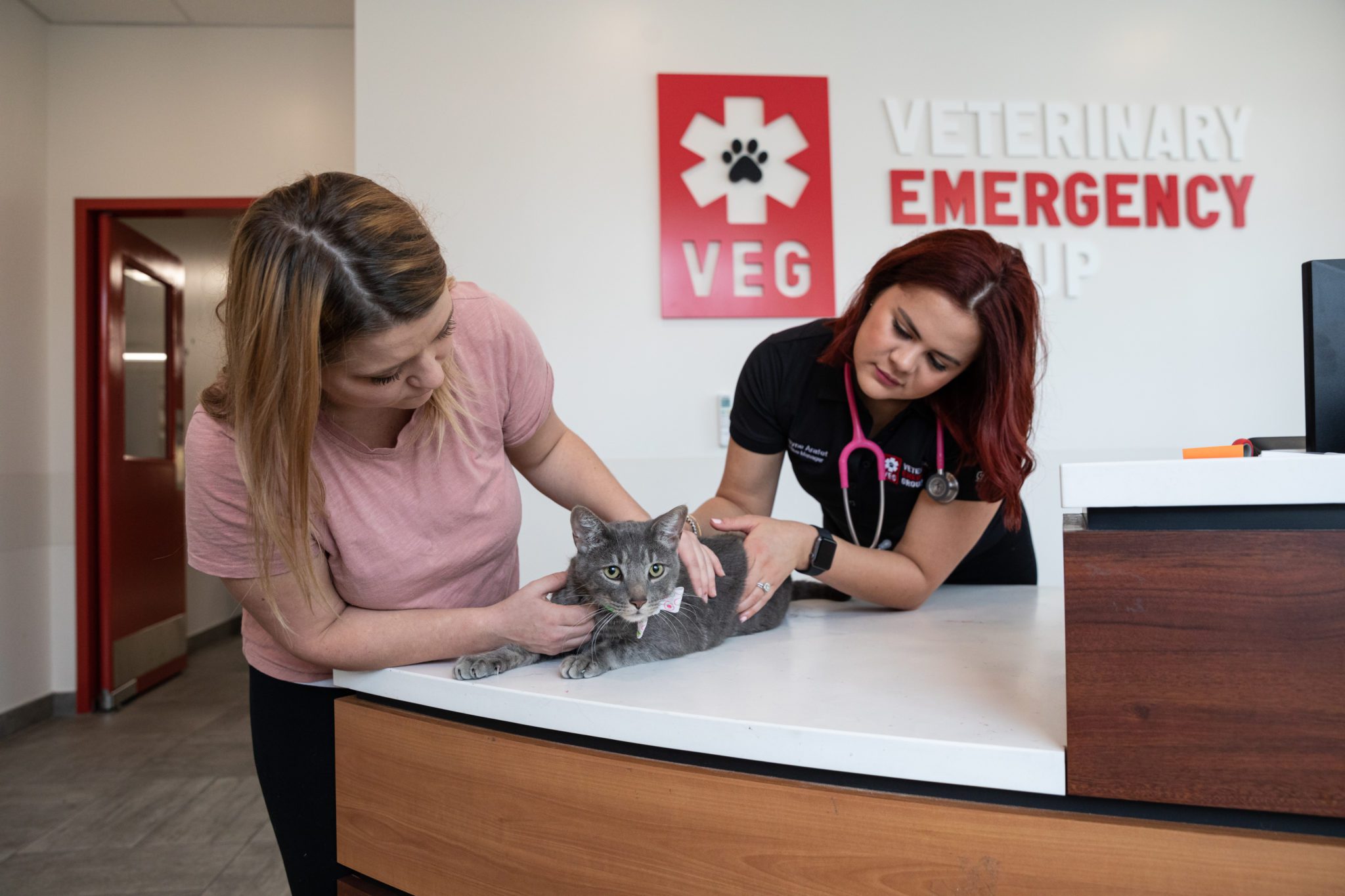
My Cat’s Not Eating Much but is Acting Normal, What’s Going On?
Dr. Kate Sullenberger
Call & Speak with a doctor Open 24/7, Even Holidays!
Walk in today for:
Emergencies
Point-of-Care Ultrasound
Urgent Care
X-Rays
Diagnostics + Testing
End-of-Life Care
Surgery
Treatment + Hospitalization
Your cat seems perfectly fine, except for one thing—she’s acting like she’s watching her carbs! What can pawsibly be wrong when your cat just isn’t eating much?
There are many reasons why your cat is avoiding her food bowl. It doesn’t necessarily mean you have a finicky feline. It could be nothing to worry about, yet there may be something underlying. Causes can range from mild to moderate, and a few are severe—making it a good reason to visit your friends at VEG! Let’s explore some of the possible causes of cats not eating but still acting normally.
MILD & MANAGEABLE CAUSES
Listed below are the mild causes of why your cat isn’t eating their food:
DISLIKING THE FOOD
Seems obvy that the most common cause of a cat losing interest in food but acting normally otherwise is simply that she doesn’t like the food. If you’ve introduced a new food or if she has been eating the same (ho-hum!) food for a long time, she may decide to turn her nose up at it. While this is normal—it can be frustrating! She may need time to get used to new food or something about the food is just not her style. You may need to experiment with different brands and flavors.
NAUSEA FROM VACCINATIONS
After getting vaccinations, many cats get nauseous for a day or two. This is normal and should be a forgotten memory within 48 hours. If your cat’s nausea or loss of appetite continues longer than 48 hours after her vaccinations, talk to your primary vet, as she may have a rare bad reaction to her shots.
RESPIRATORY INFECTION OR ALLERGIES
Cats, just like humans, are less likely to want to eat when they can’t smell their food. A simple stuffy nose can lead to loss of appetite. Take your cat to the vet if she shows any symptoms of illness, including a fever, lethargy, runny nose, or watery eyes.
HIGH OUTDOOR TEMPERATURES
If it is really hot outside, cats can lose interest in eating. This can affect indoor and outdoor cats alike, but it should resolve itself over a short period of time. Cats do like warmth, but too much of a good thing is not a good thing. Keep their environment above 50ºF but ideally in the 70’s.
MODERATE & MORE CONCERNING CAUSES
Listed below are the moderate causes of why your cat isn’t eating:
DENTAL DISEASE
Teeth and gum health can play a big part in how your cat approaches food. Cats who have mild, moderate, or severe dental disease may act normally until it’s time to eat. Then, they might lose interest in food, especially if they are only given dry food. Me-ouch, the crunch!
For cats with dental disease, wet food may be the way to go. Talk to your vet about dental treatments and cleaning for your cat.
STOMACH AND DIGESTIVE ILLNESS
Bacterial infections, viruses, and inflammation disorders can all cause a cat to stop eating. If these illnesses are not very serious, however, your cat may not show other signs and may continue acting normally despite being sick.
PAIN
Although pain itself may be a moderate reason for your cat not eating, keep in mind that pain is a symptom. You should work with a vet to determine what is causing your cat’s pain and what can be done to help.
STRESS AND ANXIETY
This dreaded duo can affect felines and can cause your cat to stop eating. If your cat is anxious or stressed in specific instances, you may be able to just wait for her to go back on her food again when she’s ready. If she is often very afraid, however, she may need medication to regulate the problem.
MEDICATION SIDE EFFECTS
Short-term or long-term medications can cause nausea and an upset stomach as a side effect. If your cat’s medication is short-term, it may be best to just ride out this problem. If it is long-term, however, you can talk to your vet for other options.
SEVERE & SERIOUS CAUSES
Listed below are severe causes and these would require a trip to the emergency vet.
CANCER
Unfortunately, cancer is not uncommon in cats. Usually, a cat will appear sick and disinterested in food if she has cancer. However, if your cat is behaving normally other than her disinterest in food, chances are good she is not dealing with cancer—although a vet visit can give you peace of mind and rule out this risk, regardless.
KIDNEY, HEART, AND LIVER DISEASE
Cats who have diagnosed kidney, heart, or liver disease and are on medication to manage the symptoms may lose interest in food. This lack of interest in eating may be a symptom of the illness but may not cause your cat to appear unwell otherwise if she is already on medication.
CONTACT VEG IF YOU HAVE CONCERNS ABOUT YOUR CAT NOT EATING
As you can see, not eating doesn’t always mean a catastrophe. Most of the potential causes of cats not eating but acting normal otherwise are nothing too serious. Many cats can recover completely from whatever is causing this problem and get back to eating their food soon. Even if your cat does need some help from the vet to recover, most of these problems are easy for cats to bounce back from.
In more severe cases, however, it is always important to work with your regular vet as well as a high-quality emergency vet like a VEG doctor for your cat’s health needs. Contact VEG if you are concerned about your cat not eating. We have locations all over the country with emergency vets who are available 24/7 to help you and your pet.

